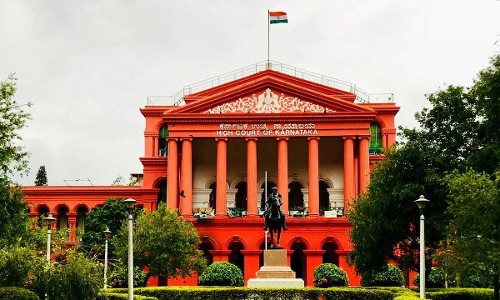


The Karnataka High Court on Friday has upheld the order of a single judge reinstating a Karnataka Power Transmission Corporation Limited employee who was dismissed from the service for being absent for a total of 632 days owing to depression.
The court upheld the contention of S Kiran (35) that it was only because of work stress that he was absent and not to cause any inconvenience to the employer.
A division bench of Chief Justice Prasanna B Varale and Justice Krishna S Dixit in its recent judgment stated, “There may come a point that the ‘stressors’ encountered in the workplace lead to the inability to function in a work environment. A decision to lay an employee off work, with or without just cause, may well escalate the level of depression.”
The judges stated, “Distress and depression are the by-products of modern life, whichever be the calling. Stress is the product of the psychological or emotional pressure that we experience both in our personal and occupational lives.
Often it is difficult to insulate the stress, and to determine its impact on day-to-day activities.”
Earlier, a single judge bench ordered his reinstatement which was challenged by the KPTCL through an appeal.
The HC noted, “The respondent workman has specifically stated that he was undergoing a serious distress of mind and as a consequence, was not able to evince interest in the accomplishment of the job. That is why he had remained absent with no culpable intent to cause any inconvenience to the employer.”
It remarked that the KPTCL being a state enterprise should be a model employer and not act like an agency of the colonial regime.
The HC asked dismissing the appeal, “The appellant being an entity under Article 12 of the Constitution of India, has to conduct itself as a model employer; that is how a Welfare State should be; it has to treat its employees with fairness & empathy; by that, it wins the heart of workforce and that eventually results in increased productivity. Otherwise, where would we locate the line that demarcates a Welfare State and a Colonial Regime?”
Citing a judgment of a US court, the HC stated, “Constitutions are intended to preserve practical and substantial rights, not to maintain theories,” and refused to interfere in the single-judge order.